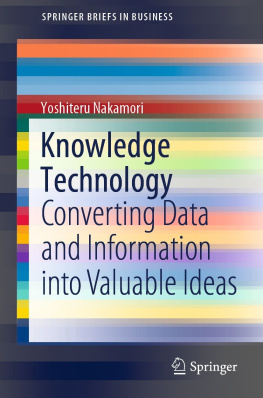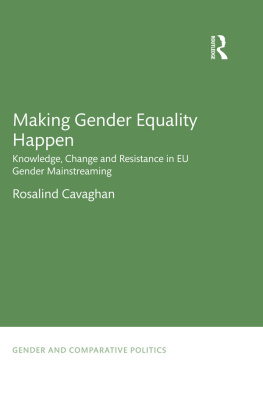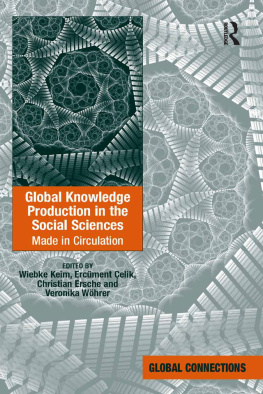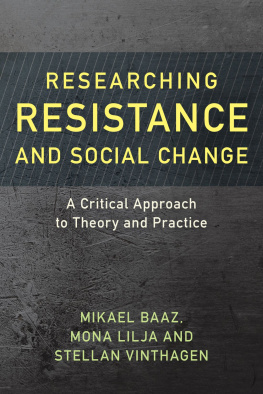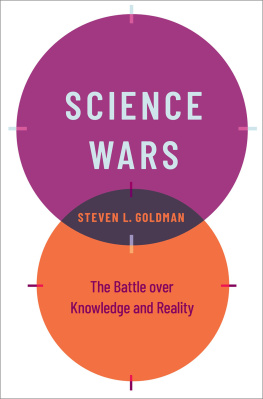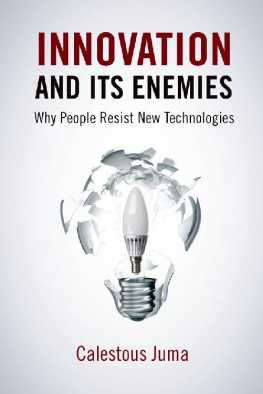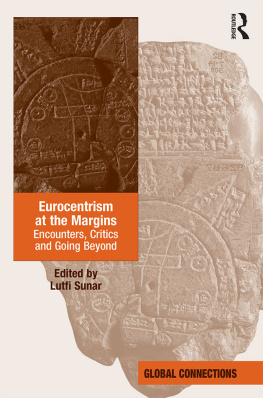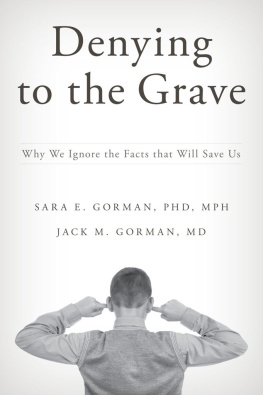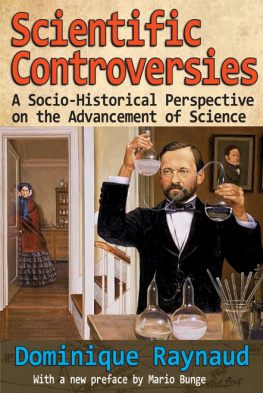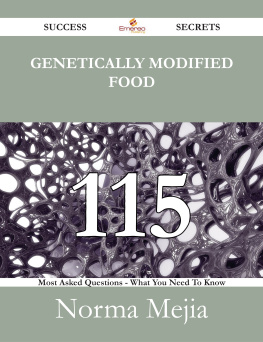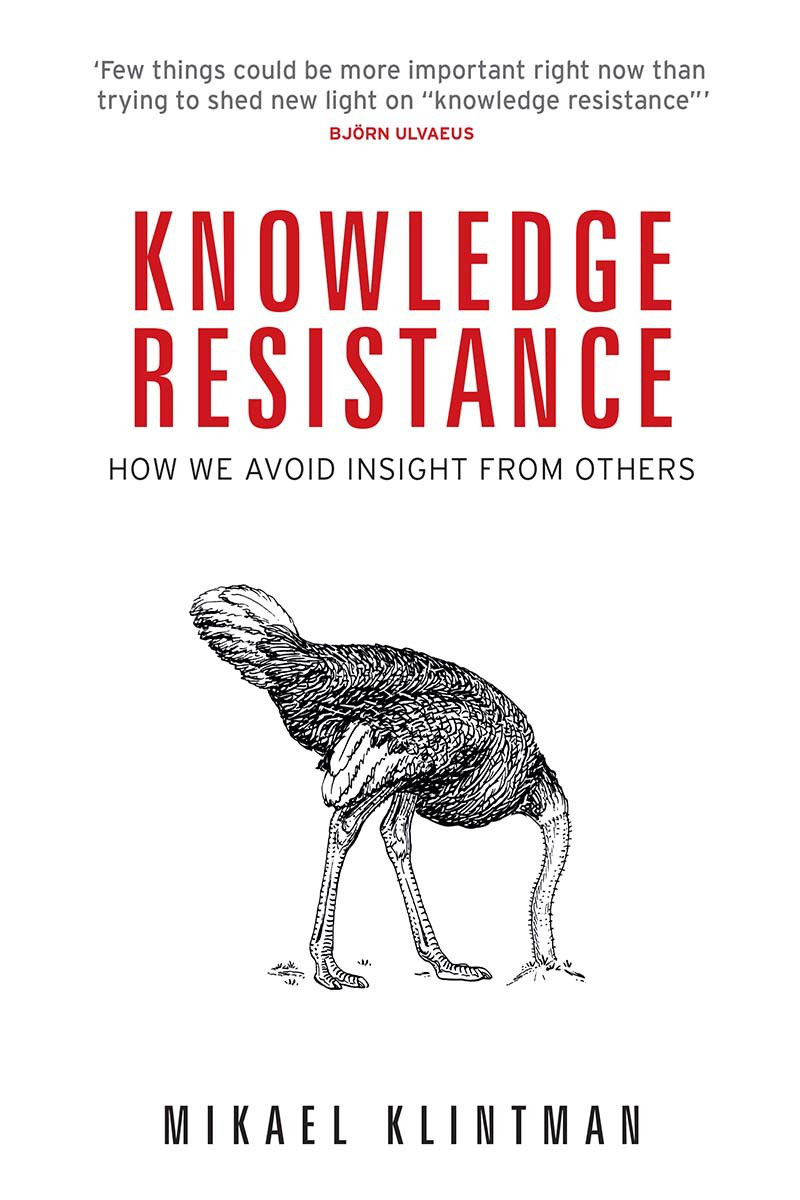Knowledge resistance
Knowledge resistance
How we avoid insight from others
Mikael Klintman
Manchester University Press
Copyright Mikael Klintman 2019
The right of Mikael Klintman to be identified as the author of this work has been asserted by him in accordance with the Copyright, Designs and Patents Act 1988.
Published by Manchester University Press
Altrincham Street, Manchester M1 7JA
www.manchesteruniversitypress.co.uk
British Library Cataloguing-in-Publication Data
A catalogue record for this book is available from the British Library
ISBN 978 1 5261 3520 9 hardback
First published 2019
The publisher has no responsibility for the persistence or accuracy of URLs for any external or third-party internet websites referred to in this book, and does not guarantee that any content on such websites is, or will remain, accurate or appropriate.
Typeset by Servis Filmsetting Ltd, Stockport, Cheshire
Contents
A lot of people deserve my warm thanks for providing me with encouragement, help, and inspiration for this book.
Im especially indebted to my wife, Jenny, and our boys, Leo, Bruno, Fred and Matti. Many things they did were crucial to this book project. Here I should particularly mention how Jenny initiated the plans for our two-year visit to Oxford and London (201618). In the process she patiently helped me to recognise my own initial knowledge resistance (read: I was a ramrod) to the great opportunities that our two-year visit to Oxford and London would offer us all: medical research for Jenny, British school experiences for the boys, research about knowledge resistance for me, and the accumulation of lots of character-building family memories. It turned out to be these two years that made it possible for me to conduct all the interviews and have all the informal discussions with UK scholars; dialogues on which this book is partly built. Lots of love to you all!
I began preparing for this book at Oxford University. Id like to thank Dominic Johnson for inviting me to St Antonys College, where I spent a year as an academic visitor. Roman Frigg, Director of the Centre for Philosophy of Natural and Social Science (CPNSS) at London School of Economics and Political Science deserves my warm thanks for inviting me to join this research community as a visiting scholar for the second year. Laura OKeefe and Mehrun Absar gave me a lot of practical help at CPNSS, and I very much enjoyed our chats. The CPNSS became my research hub for openly and informally exchanging ideas about knowledge resistance, and a place to analyse the many series of interviews that I conducted with human scientists at various universities.
Special thanks go to the directors of the sociology department at Lund University in Sweden, where I have my position as a professor. Without the help and flexibility of the directors Britt-Marie Johansson and, later, sa Lundquist I wouldnt have been able to spend the concentrated, extended period abroad writing this book. The sociology department at Lund is a very friendly and stimulating workplace that has been great to come back to, finishing the writing of this book in parallel with teaching and discussions with my Swedish colleagues.
Several other people have provided me with additional help, ideas, or inspiration, or have kindly agreed to be interviewed for this book. Here are a few of them, in alphabetical order: Aaron Reeves, Allan Dafoe, Andreas Olsson, Anna-Lisa Lindn, Avner Offer, Bent Flyvbjerg, Bjrn Ulvaeus, Catharina Landstrm, Christofer Edling, David Stainforth, Fredrike Otto, George Gaskell, Jacquelyn Pless, Javier Lezaun, Jerry Ravitz, Joan Costa-Font, Martin Bauer, Mohammad Mortazavi, Oliver Scott, Olle Frdin, Peter Sosue, Peter Walton, Ragnar Lfstedt, Rebecca Elliot, Rob Bellamy, Robin Dunbar, Sarah Darby, Thomas Hale, Thomas Lunderquist, Tim Schwanen, and Val Compton.
The research for and writing of this book was made financially possible by generous contributions from a few Swedish research foundations. The Swedish Research Council (VR: 2017-02885) has funded parts of the research for and publication of this book. Furthermore, The Foundation for Humanities and Social Sciences (RJ, FSK15:108:1) has provided financial support for the research behind this book that deals with knowledge collaboration. The coordinator, Anna Jonsson, and our co-researcher, Maria Grafstrm, deserve particular thanks for our exciting research and lively discussions, partly on how knowledge collaboration can help to prevent or reduce problematic knowledge resistance. Mistra Sustainable Consumption (Mistra SC) is an extensive research programme that has supported specific case studies of how consumers reason and process information or resist such information about the sustainability record of various goods and services. The programme coordinators, sa Svenfelt and Karin Bradley, have been very helpful in giving me time to integrate specific findings from Mistra SC into this book. The financial contributions from the Magnus Bergvall Foundation (Dnr. 2015-00973 & Dnr. 2016-01456) and the ke Wiberg Foundation (H16-0142) have been much appreciated, covering some of the additional costs for the research visit to the UK.
Additional thanks go to Senior Commissioning Editor Tom Dark, David Appleyard, Robert Byron, and the rest of the staff at Manchester University Press involved in the production of this book, along with the exemplary copy-editor, Joe Haining.
Finally, Id like to extend my warm thanks to my parents Lillemor and Holger for trying to teach me how to think with integrity. I guess a good dose of integrity is indispensable for minimising problematic knowledge resistance among ourselves and others, let alone for writing a thought-provoking book about knowledge resistance. I leave it to you readers to judge how well I listened to them.
Knowledge has infinite time even if our lifespan is short. Thats always the problem.
Robin Dunbar, evolutionary psychologist, in an interview for this book, 13 February 2018
Stories and reality
Her tiny hand makes his sweaty. This doesnt alarm him. During recovery its common to be hot. Sitting next to her bed, he tries to cheer her up. This time he shows her how to make little animals out of pipe-cleaners. Cheering people up, or at least making their hearts smile, particularly through storytelling, is his area of expertise. His stories usually begin with unpleasant adults who make childrens lives miserable: there are the parents who ignore Matildas interest in books and learning, instead making her spend all day watching soap operas and eating fast food in front of the TV; we have the unfriendly giants trying to capture the orphan child Sophie for no apparent reason; or the influential adults whose actions indirectly leave 11-year-old Charlie with few other life ambitions than keeping warm he spends much of his time lying in a huge bed shared with his kind, but impoverished, parents and grandparents.
Now its the mans own daughter who is lying in bed. Like most of the children that he is to write about in the years following this November morning in 1962, Olivia will be fine, he thinks. One thing puzzles him, however. When she tries to fashion a pipe-cleaner animal, her hands dont obey her mind. She cannot do it.
Are you feeling alright? he asks her.
I feel all sleepy, she says.
In an hour, Olivia is in a coma. In twelve hours, she is dead.


